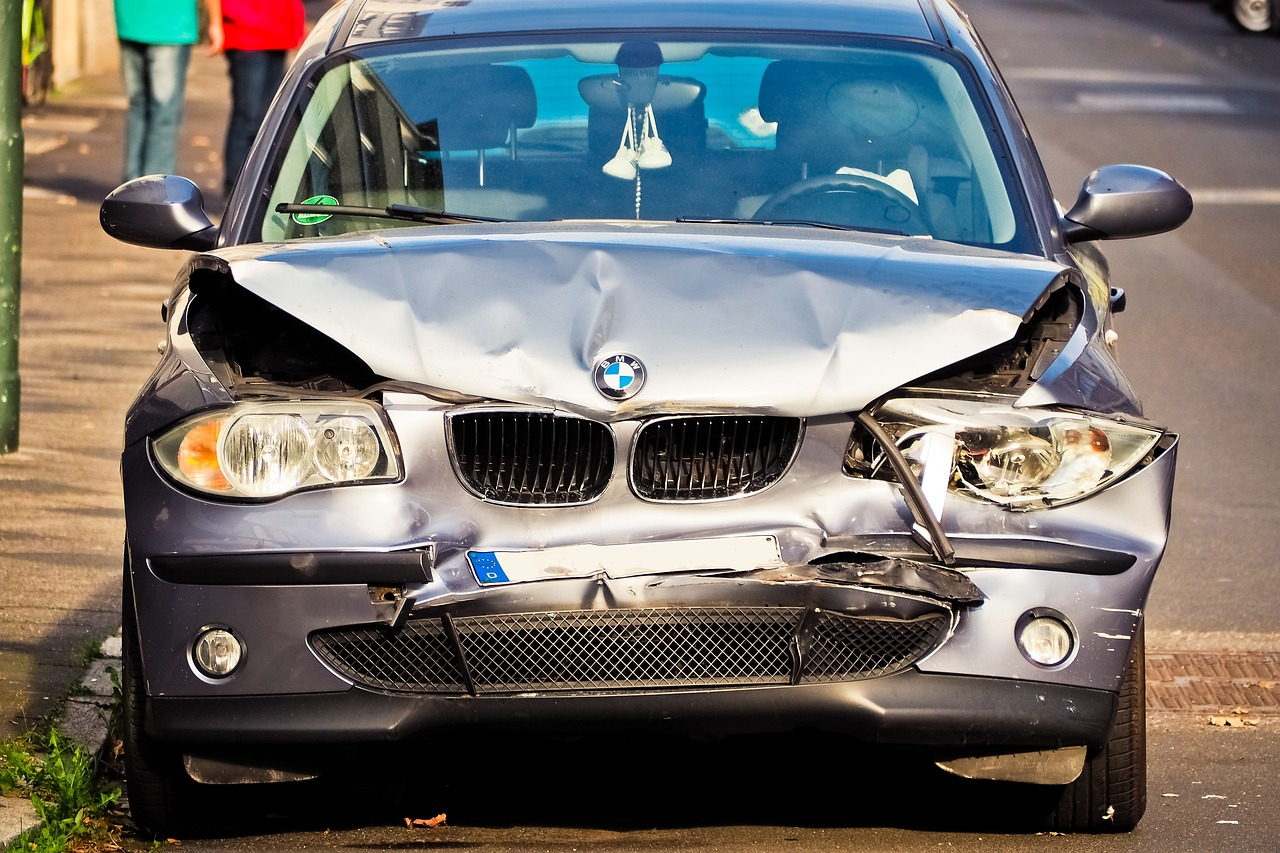Car accidents are sudden and stressful events that require clear thinking and prompt action. Ensuring your safety and protecting your legal rights in the aftermath of a collision is essential. Whether you’re at fault or not, the steps you take can significantly impact your well-being and the resolution of any potential claims. This guide walks you through the key actions to take immediately after a car accident.

Image source: https://pixabay.com/photos/automobile-accident-vehicle-3734396/
The moment an accident occurs, your safety should be your top priority. If possible, move your vehicle to a safe location, such as the shoulder of the road, to avoid further collisions. Turn on your hazard lights to alert other drivers, especially if your car is disabled on the road. Check yourself and your passengers for injuries, and call emergency services if anyone requires medical attention. Even minor injuries can escalate, so err on the side of caution and seek medical help if there’s any doubt.
Dial 911 to report the accident and request assistance. When speaking to the dispatcher, provide accurate details about the location, the condition of the vehicles, and any injuries involved. The presence of police and paramedics ensures the scene is managed safely and a police report is created. This report serves as a crucial document for insurance claims and potential legal proceedings. Avoid discussing fault with anyone at the scene, as this determination should be left to authorities and insurance adjusters.
Gathering evidence at the accident scene is vital for protecting your legal rights. Use your smartphone to take clear photos of the damage to all vehicles, the license plates, road conditions, traffic signs, and any visible injuries. Documenting skid marks, debris, and weather conditions can also be helpful. These details can serve as critical evidence for determining liability and resolving disputes with insurance companies. If there are witnesses, ask for their contact information and a brief statement.
Seeking legal guidance is crucial when dealing with complex accidents. If someone is killed in a truck accident in Indianapolis, it can leave their family to face overwhelming challenges. An attorney can help navigate wrongful death claims, negotiate with insurance companies, and ensure fair compensation for medical expenses, lost income, and emotional suffering. Their expertise in local laws and handling sensitive cases provides vital support, enabling families to focus on healing while pursuing justice for their loved one’s tragic loss.
Exchange essential information with the other driver(s) involved. This includes names, phone numbers, insurance details, license plate numbers, and driver’s license information. Remain calm and polite during this interaction, but avoid admitting fault or making speculative statements. A straightforward and factual approach ensures your actions won’t be misconstrued or used against you later.
Even if you feel fine, seeking a medical evaluation after a car accident is crucial. Some injuries, like whiplash or internal trauma, may not show immediate symptoms but could manifest hours or days later. A prompt medical check-up not only ensures your health but also provides documentation for your injury claims. Keep all medical records, prescriptions, and bills as they may be necessary for insurance claims or legal actions.
Contact your insurance provider as soon as possible to report the accident. Provide them with accurate details and the documentation you’ve gathered. Many insurers have a specific window for reporting claims, and missing this deadline could jeopardize your coverage. Avoid giving recorded statements to the other party’s insurance company without consulting your attorney or insurer, as this could impact your claim.
Keep all accident-related documents in one place. This includes the police report, medical records, repair estimates, insurance correspondence, and receipts for out-of-pocket expenses. Organizing your records simplifies the claims process and provides a solid foundation if legal action becomes necessary. It also demonstrates your diligence and credibility in managing the aftermath of the accident.
In the chaos following an accident, it’s easy to make mistakes that can affect your safety and legal protection. Avoid leaving the scene before police arrive, failing to gather evidence, or neglecting medical attention. Never admit fault or apologize, as this could be interpreted as an admission of liability. Staying calm and following proper procedures can help you navigate this stressful situation effectively.
Image source: https://pixabay.com/photos/car-accident-crash-crashed-smash-85320/
A car accident is an overwhelming experience, but knowing what to do immediately afterward can make a significant difference. By prioritizing safety, documenting the scene, seeking medical attention, and consulting professionals, you can protect your well-being and legal rights. Preparation and presence of mind ensure you’re better equipped to handle any challenges that may arise in the aftermath of an accident.